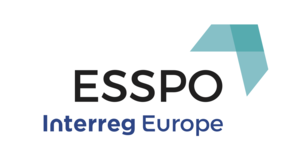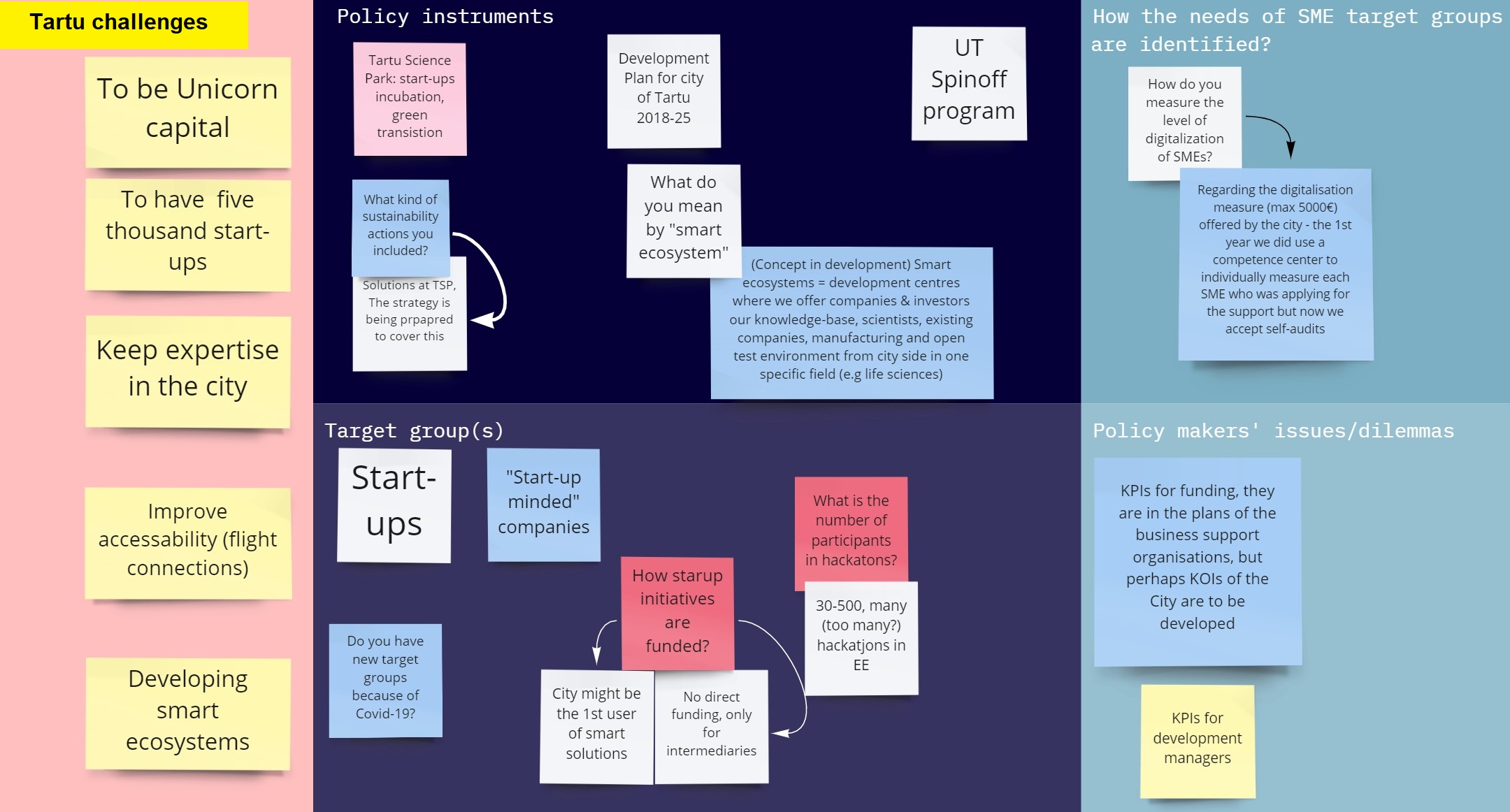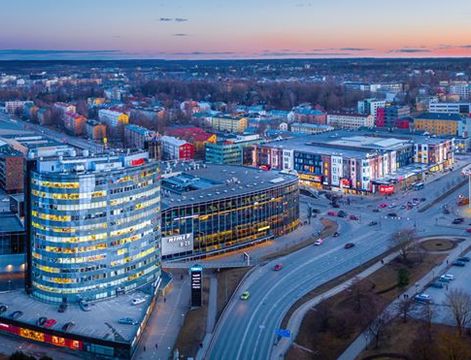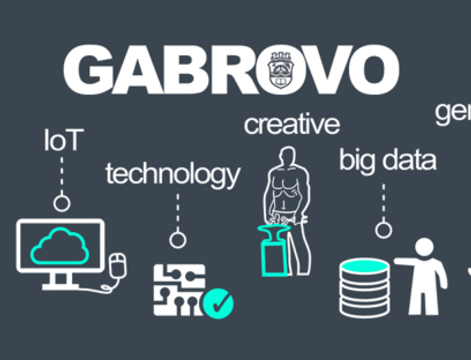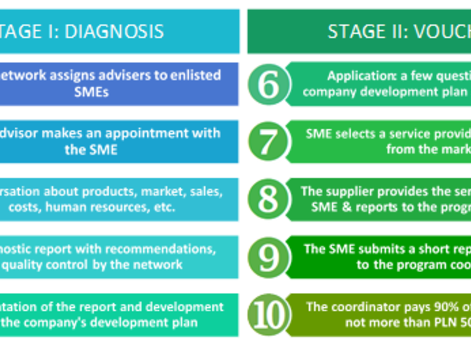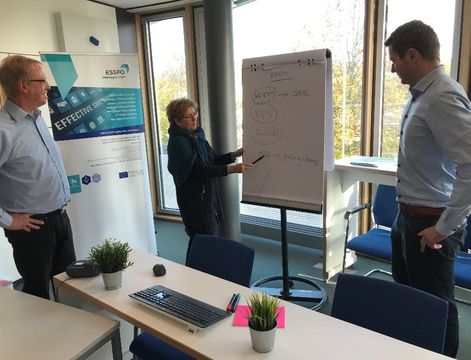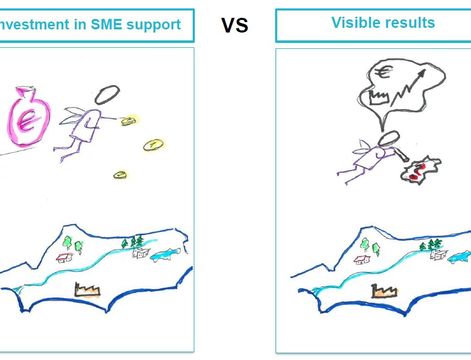The main objectives were to identify weak and strong points of the policy instrument and plan the work in areas of possible improvement. The workshop took place on 28th of April 2017, in Bilbao. Previous to this meeting, on 12 and 13th January, on the occasion of the Peer Review several working sessions with program beneficiaries were held. This was a good working basis for the stakeholder group meeting.
Background information:
Competitiveness and Innovation Plan for the Basque Tourism of the Basque Government is the framework for all public and private tourism stakeholders in Euskadi. The programme aims to improve Basque tourism competitiveness in two important working fields: On the one hand, implementing promotion, commercialisation, and advertising moves, and on the other hand, developing the strategy criteria identified as competitiveness factors. New Challenges and a new Focus are needed for the program, especially with regards to how Small and Medium Sized (SMEs) Tourism Enterprises are facing the digital challenge. More in detail, SMEs face the following:
- The profound impact of technology on the tourism industry, and therefore, the need to provide this sector with professionals equipped with strong ICT skills and knowledge who can respond rapidly to the changing demands of this new type of tourist.
- Small and medium tourism enterprises are characterized by a lack of resources and time for training activities. The main obstacle is their small size of companies which renders it difficult for staff to take time off from work to update and improve their skills. Furthermore, training is perceived as a cost rather than as an investment.
- In addition, present low levels of capability and a sense of isolation, which is largely the result of their location in peripheral regions. This also affects access to training to strengthen their skills.
Stakeholders working on the implementation and start-up of activities and programmes to promote a well-structured Basque tourism sector, with the public and private sectors working closely together and formed by competitive tourist destination organisations and companies are the main target groups.
Through this process implemented, the Public administration will be able to gain knowledge and get feedback from SMEs to be able to design and effectively implement support.
